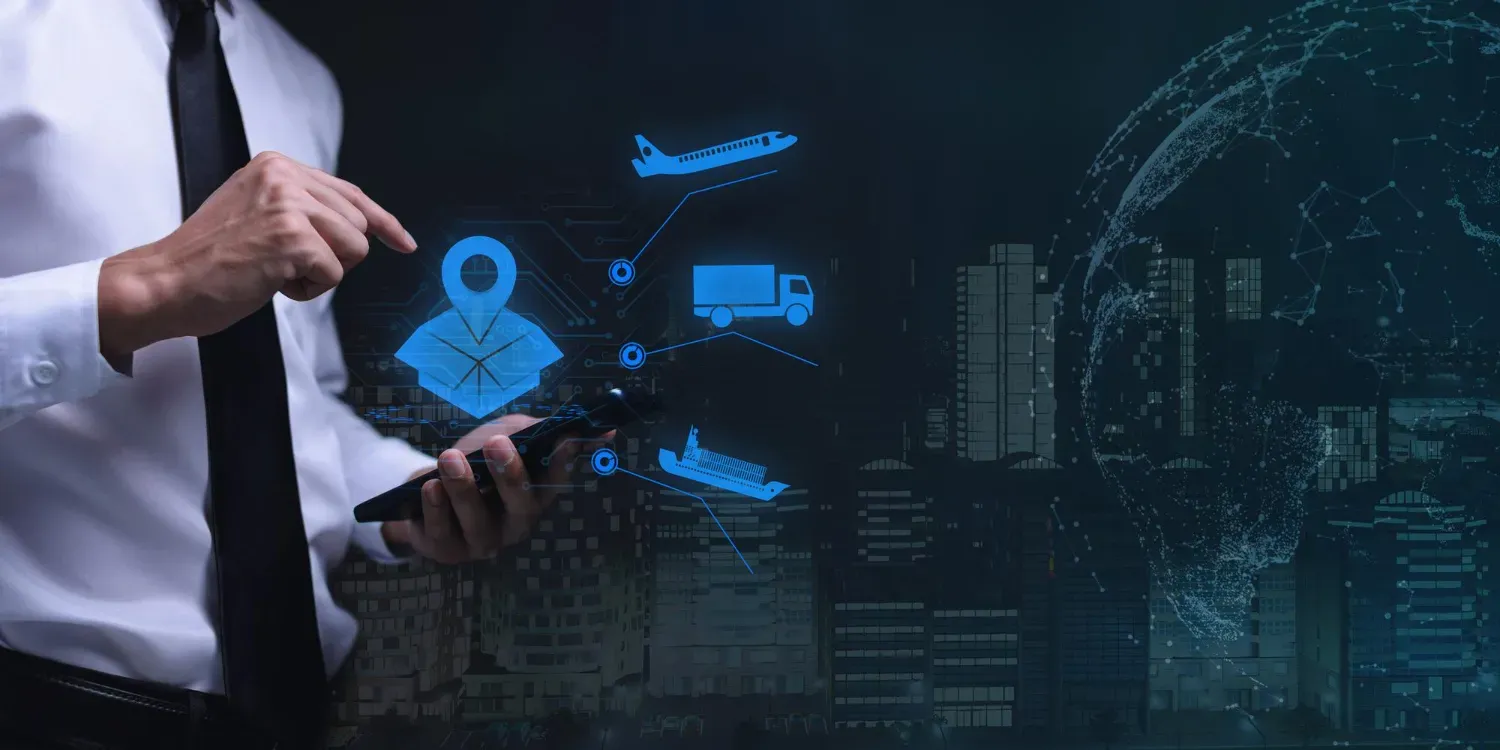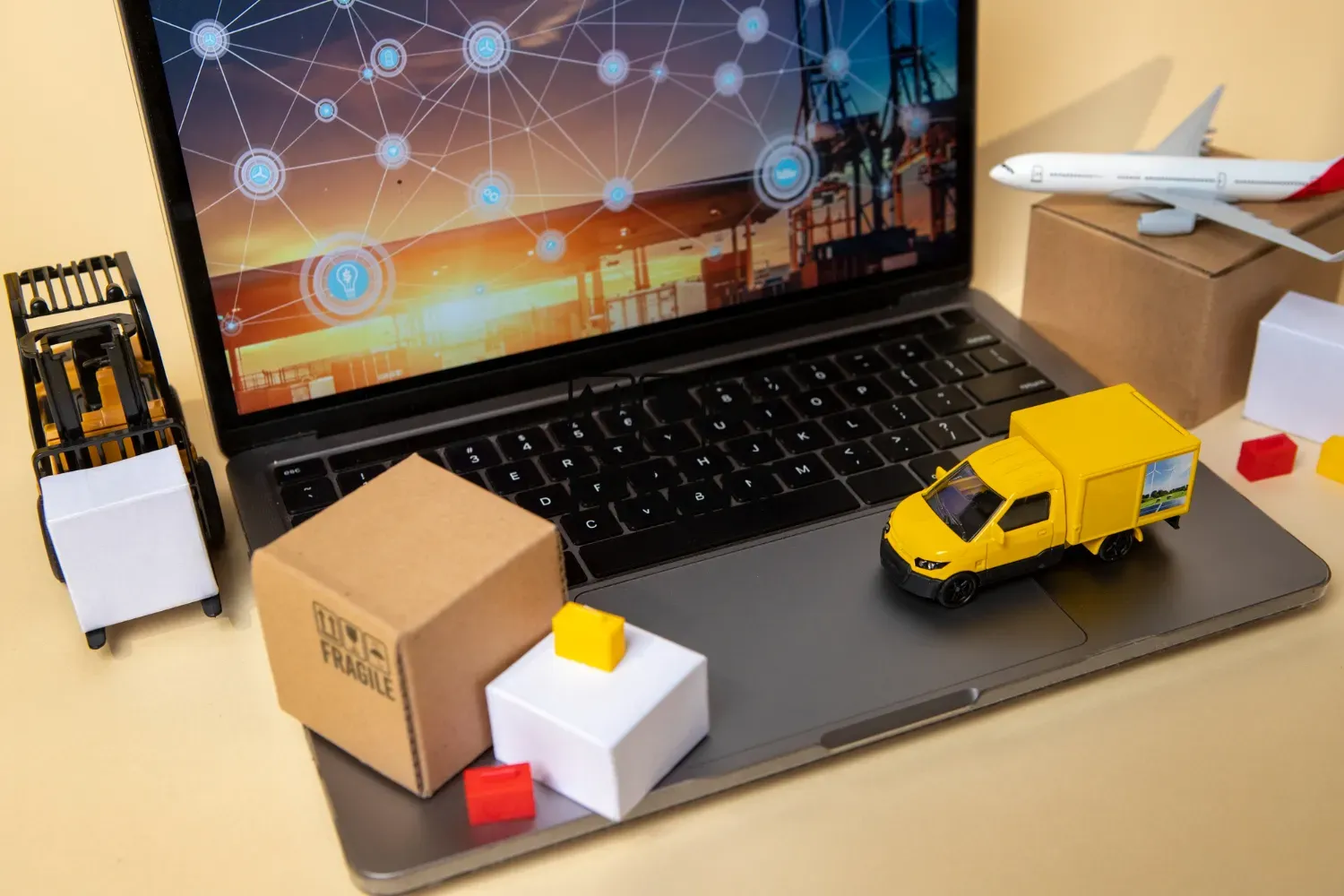Technology has become an integral part of our daily lives, changing the way we communicate, work, and even shop. In recent years, it has also revolutionized the courier services industry, transforming traditional methods into a more efficient and streamlined process. As a leading brand in the courier service industry, Swyft Courrier has witnessed first-hand the transformative impact of technology on our operations. In this blog post, we will delve into the various innovations that have driven efficiency in courier services, breaking boundaries and providing customers with a faster and more reliable delivery experience.
Decoding the Past: The Traditional State of Courier Services
Before the technological revolution, the state of courier services was vastly different from what it is today. Manual processes, slow deliveries, and limited communication were the norm. Let’s take a closer look at the traditional state of courier services: –
Manual Processes:
Courier services relied heavily on manual labor for every step of the delivery process. From receiving and sorting packages to loading and unloading them onto trucks, every task was done manually. This led to inefficiencies, delays, and a higher risk of errors.
Lack of Tracking:
Customers had little to no visibility into the whereabouts of their packages. Once a package was picked up, it was essentially out of the customer’s hands until it arrived at the destination. This lack of tracking often caused anxiety and frustration for customers who had no idea when their packages would arrive.
Limited Communication:
Communication between customers and courier companies was minimal. Customers had to rely on phone calls or in-person visits to get updates or make inquiries. This often meant long wait times on hold or having to visit a physical location, which was inconvenient and time-consuming.
Longer Delivery Times:
Without the technological advancements we have today, deliveries took significantly longer. Factors like manual sorting, limited transportation options, and lack of optimization led to delays and longer delivery times. Customers had to wait days, if not weeks, for their packages to arrive.
Inconsistent Service:
Due to the reliance on manual processes, the quality of service could vary greatly. Human error and inefficiencies could result in lost packages, damaged goods, or missed deliveries. This lack of reliability made it difficult for customers to trust and rely on courier services.
The Technological Transformation: How Modernization Changed Courier Services

Technology has brought about a significant transformation in the courier services industry, revolutionizing traditional methods and improving efficiency in every aspect of the delivery process. The impact of technology has been far-reaching and has changed the way courier services operate on a fundamental level. Here are some key ways in which modernization has transformed courier services:
Automation and Digitization:
The manual processes that once characterized courier services have been replaced by automation and digitization. Tasks such as package sorting, tracking, and even delivery can now be automated, resulting in faster and more accurate service.
Real-Time Tracking:
Gone are the days of waiting in uncertainty for a package to arrive. With the advent of technology, customers now have the ability to track their packages in real-time, providing them with peace of mind and control over their deliveries.
Improved Communication:
Technology has also vastly improved communication between customers and courier services. Instead of having to make phone calls or visit physical locations, customers can now easily inquire about their deliveries or get updates through user-friendly mobile apps or online platforms.
Faster Deliveries:
Perhaps one of the most significant advancements brought about by technology is the ability to make deliveries faster. Through optimized routing algorithms and advanced transportation options like drones, courier services can now deliver packages more efficiently, even in hard-to-reach areas.
Enhanced Reliability:
The reliability of courier services has greatly improved thanks to technology. Automated systems minimize the risk of errors, and real-time tracking allows for proactive measures to be taken in case of any issues during transit. This increased reliability has earned the trust and confidence of customers.
Innovations on Spotlight: Technological Trends in Modern Courier Services
As technology continues to advance, new innovations are constantly emerging in the courier services industry. These technological trends are reshaping the way deliveries are made, optimizing efficiency, and improving the overall customer experience. Here are some of the top technological trends that are currently in the spotlight:
Autonomous Vehicles:
Self-driving cars and trucks have the potential to revolutionize courier services. These vehicles can navigate traffic, optimize routes, and make deliveries without the need for a human driver. By eliminating labor expenses and reducing the time spent on deliveries, autonomous vehicles can significantly increase efficiency and reduce costs.
Delivery Drones:
Unmanned aerial vehicles, also known as drones, are becoming increasingly popular in the courier services industry. Drones can navigate through obstacles and bypass traffic, making them ideal for last-mile deliveries. With their ability to reach remote or congested areas, drones provide faster and more efficient deliveries, even in hard-to-reach locations.
Smart Lockers:
Smart lockers are secure and accessible drop-off points for packages. These lockers, often located in shopping centers or apartment complexes, provide a convenient and contactless way for customers to receive their deliveries. Smart lockers improve efficiency by eliminating the need for repeated delivery attempts and reducing the risk of missed deliveries.
![]()
Internet of Things (IoT) Tracking:
IoT technology allows for real-time tracking of packages. By equipping packages with tracking devices, courier services can monitor their whereabouts throughout the delivery process. This not only provides customers with visibility into the status of their deliveries but also allows for proactive measures to be taken in case of any issues or delays.
Artificial Intelligence (AI) Optimization:
AI-powered algorithms are being used to optimize delivery routes. By analyzing data on factors such as traffic patterns, weather conditions, and package destinations, these algorithms can determine the most efficient paths for drivers to take. AI optimization saves time, reduces fuel consumption, and ultimately increases efficiency in the delivery process.
Benefits Unlocked: Increased Efficiency and Productivity through Technology
Technology has brought about a multitude of benefits for the courier services industry, unlocking increased efficiency and productivity in every aspect of the delivery process. These benefits have revolutionized the way courier services operate and have greatly improved the overall experience for customers. Here are some of the key benefits that have been unlocked through the use of technology:
Faster Deliveries:
With the integration of technology, courier services can now make deliveries at a much faster pace. Advanced routing algorithms and optimization techniques ensure that packages are delivered using the most efficient routes, reducing transit times significantly. This means that customers can receive their packages in a shorter amount of time, leading to increased satisfaction and convenience.
Improved Tracking and Transparency:
Technology has allowed for real-time tracking of packages, providing customers with full visibility into the status and whereabouts of their deliveries. This level of transparency not only reduces anxiety and frustration but also allows customers to plan and prepare for the arrival of their packages. By knowing exactly when a package will arrive, customers can adjust their schedules accordingly, ensuring that someone is available to receive the delivery.
Enhanced Communication:
The integration of technology has greatly improved communication between customers and courier services. Mobile apps, online platforms, and automated systems allow for seamless and instant communication, providing customers with updates, notifications, and the ability to make inquiries or requests. This eliminates the need for phone calls or in-person visits, saving time and increasing convenience for both customers and courier services.
Increased Accuracy and Reliability:
Technology has minimized the risk of human error in the delivery process, resulting in increased accuracy and reliability. Automated systems and robotics ensure that packages are handled and sorted correctly, reducing the likelihood of lost or damaged items. This level of accuracy and reliability instills trust and confidence in customers, leading to long-term loyalty and repeat business.
Cost Savings:
Technology has also led to cost savings for courier services. Through the automation of various processes and the optimization of delivery routes, operational expenses can be significantly reduced. This allows courier services to offer competitive pricing while still maintaining a profitable business model.
Conclusion
In today’s fast-paced world, technology has become an integral part of our daily lives, and it has had a revolutionary impact on the courier services industry. Swyft Courrier, as a leading brand in the industry, has witnessed firsthand the transformative power of technology in our operations. From manual processes and limited communication to faster deliveries and improved reliability, technology has changed the way courier services operate.
Delivery by drones, hyperloop technology, augmented reality, smart packaging, and autonomous vehicles are just a glimpse of what is to come. At Swyft Courrier, we are committed to embracing these changes, continuously innovating, and staying at the forefront of technological advancements. Our goal is to provide our customers with the fastest, most efficient, and convenient delivery experience possible.




